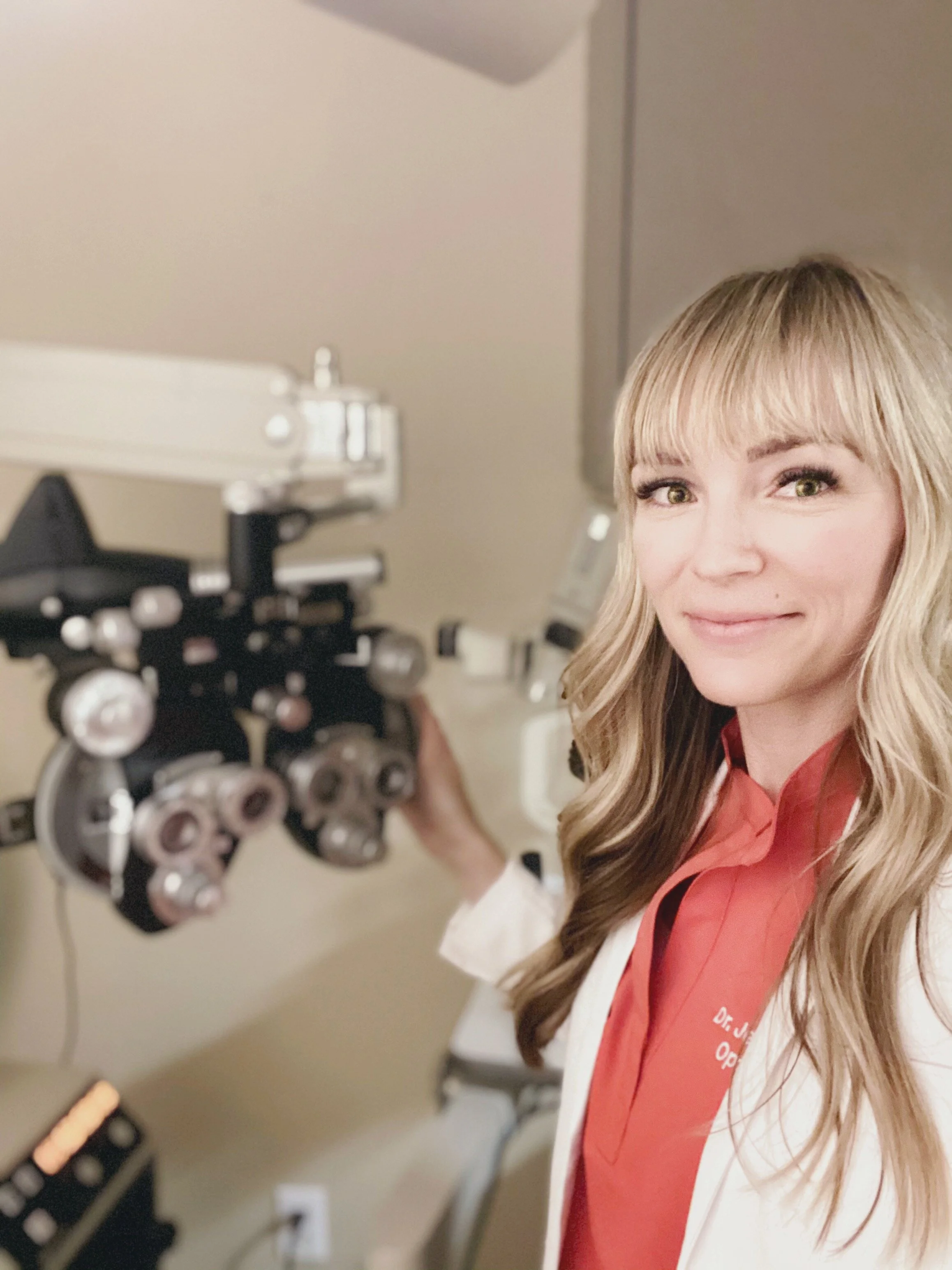Confident Humility
I use to think that I needed to know all the answers and every solution possible that was asked of me, especially when I graduated as a new doctor. This not only stretched to include my clinical experiences with patients but also, I felt the pressure when I bought my practice and started to manage my own staff. This idea of needing to have an answer even stretched to include my role as a parent.
All these different arenas of life, at one point or the other, asked questions of me that I didn’t know the answer to and I didn’t like it. I feared losing the trust of patients, losing the confidence of staff or failing as a parent.
I don’t quite remember the exact point that changed the tone of how I thought I always needed to answer but I do remember coming to a realization that I didn’t have to fear not having an answer. It's was not a reflection of in-adeptness, unpreparedness or lack of ability. *Insert huge sigh of relief.
In all honesty, my fear of not having the answer rested on an inward (me) focus instead of outward (we).
I’ve come to learn of a term called confident humility. It is a reflection of neither weakness or insecurity nor arrogance or pride. Instead, it ushers in an openness to recognize and embrace varied perspectives, reframing the view to be outward (we) rather than inward (me).
But confident humility can sometimes be a delicate balance: too much confidence lends to arrogance; too much humility wades in self-deprecation or imposter syndrome. Usually we tend to lean towards one or the other. Sometimes our disposition can be indicative of gender, or culture.
Confident humility says, “I just don’t know but I can figure it out.”
Confidence says we are genuinely capable whether it’s sheer will and passion that leads us to find the answer or general resourcefulness and overall knowledge. Humility says that we value and respect the perspectives of those we serve, and aim to operate out of compassion and gratitude.
For me, this means that I don’t need to have the answer for me and for my own self-assurance. It’s really about the best interests of my patients, my staff or, as a parent, my children.
So whether this is newly acquired insight or not, may this serve to remind you that you don’t always have to have an answer all the time. In fact, admitting when you don’t, blends an authentic and powerful set of traits that can influence, inspire, lead and serve those around us even better in every arena of life.
Stay Happy, Healthy and Inspired!
Dr. Jen Wademan






